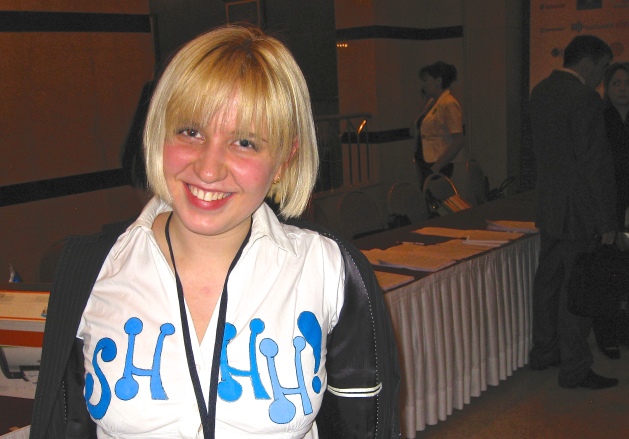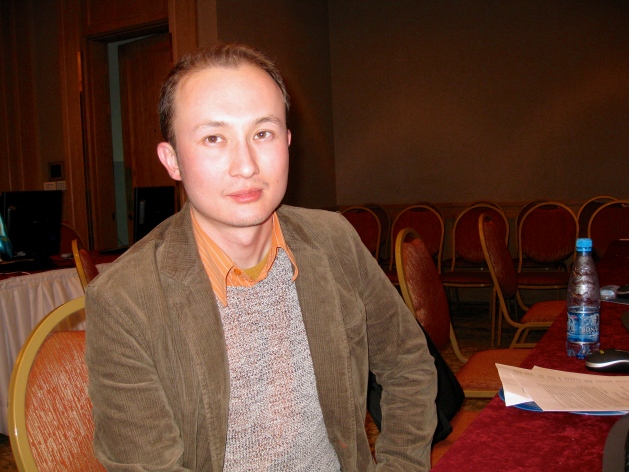My international travel portfolio is odd, to say the least. It consists of two countries: Canada — and Kazakhstan. I visited the former Soviet republic in the spring of 2009 after being invited to take part in the Eurasian Media Forum, which brought together several hundred journalists, academics and political figures.
At the time, Kazakhstan was a semi-authoritarian country that, we all hoped, was starting to open itself up to the West. Unfortunately, that didn’t happen. The longtime president, Nursultan Nazarbaev, tightened his control over the years. And now Nazarbaev’s successor, Kassym-Jomart Tokayev, has cracked down on protests and appealed to Russian President Vladimir Putin for help.
The country has slid from 125th on Reporters without Borders’ World Press Freedom Index in 2009 to 155th today. The organization’s report for 2021 says that
the state is modernizing its methods of repression and, in particular, exercising more control over the Internet, where surveillance is now widespread, news sites, social media and messaging services are now subjected to more “effective” periodic cuts, and bloggers have been jailed or confined to psychiatric clinics.
The Eurasian Media Forum was organized by Nazarbaev’s daughter, Dariga Nazarbayeva, who fancied herself as something of an intellectual. The event was aimed at providing the regime with some respectability. The most memorable part of the conference, though, was a protest by a group of young activists over Nazarbaev’s censorship of the internet, a protest that led to several arrests.
One of the activists, a young woman named Yevgeniya Plakhina, disrupted the proceedings and demanded that her friends be released. My friend the late Danny Schechter and I interviewed Plakhina, and I wrote about it for The Guardian. It was not exactly the sort of publicity the regime was hoping for. I also interviewed Adil Nurmakov, a political activist who at that time was an editor for Global Voices Online, a project then based at Harvard’s Berkman Klein Center that tracks citizen media around the world.
The conference ended with a party sponsored by the International Herald Tribune (owned by the New York Times Co.) and CNN International — a conflict of interest they would have been better off avoiding. We were treated to a troupe of scantily clad go-go dancers (“This is a nominally Muslim country!” Schechter yelled at me over the noise, laughing) and a chorus of singers anchored by none other than Dariga Nazarbayeva. Below is a video I recorded of their performance.
Needless to say, Kazakhstan is hardly alone in backsliding on the way to democracy. We’re not doing that well in the United States, either. Neverthess, it’s sad to see that the hopes people had a dozen years ago have ended in violence and the arrival of Russian troops.
[wpvideo 6YEFxQcZ]
Discover more from Media Nation
Subscribe to get the latest posts to your email.


